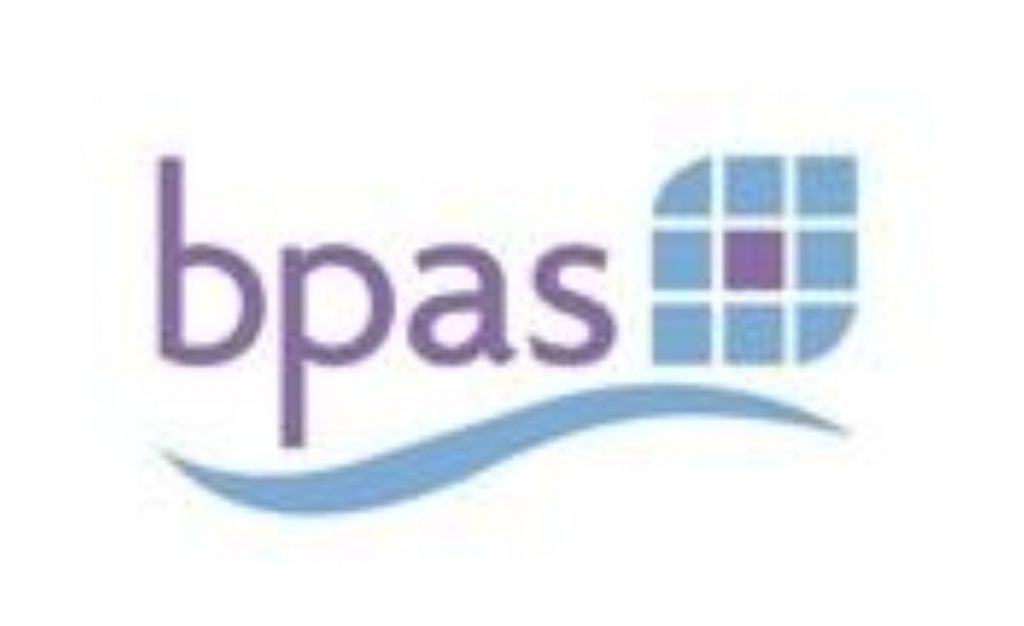BPAS: Emergency contraception story/Lancet
Ann Furedi, Chief Executive of the British Pregnancy Advisory Service, a charity which campaigns for the availability of emergency contraception in advance so that women can have it by them at home in case of need, said
‘This new type of emergency contraceptive pill is exciting news for those of us working to help women avoid unintended pregnancy. It offers a longer time window for use than the traditional emergency contraception pill. Different hormones are involved to the ones traditionally used in contraception, so it may be that these will prove to have other contraceptive uses in future.
‘However, accessibly is key to the uptake of any time-sensitive medication and since this pill is not currently available over-the-counter and is significantly more expensive to buy than the traditional ‘morning after pill’, it may be that many women who could benefit from it are not able to access it.
‘We very much welcome research and development into contraception that can be used after sex. No method of contraception is 100% effective and couples are not always able to use them correctly, or at all. For the last two decades, advances in contraception have been slow compared to other forms of medical innovation. This is the kind of research that modern society needs.’
ENDS
NOTES for EDITORS
BPAS, (the British Pregnancy Advisory Service) is a registered charity since 1968, and the UK’s leading not-for-profit sexual healthcare provider. More than 92% of BPAS’ services are carried out under contract to the NHS. Please see www.bpas.org for further information or http://www.bpas.org/bpaswoman.php?page=207 for more information about emergency contraception. “>
Women seeking to be prescribed the emergency contraceptive pill (EC) in England and Wales, either in advance or in case of immediate need, can call 08457 30 40 30 to find out the details of their nearest BPAS clinic.
EC can be used up to 72 hours after unprotected sex, but is most effective if taken within the first 12 hours. Advance prescribing of EC has the support of the Faculty of Family Planning and Reproductive Health Care (FFPRHC) of the Royal College of Obstetricians and Gynaecologists (RCOG). EC is also available over-the-counter from high street pharmacies, and from GPs and family planning clinics.
According to the Family Planning Association, of pregnancies that could have occurred if no emergency contraception had been used, EC will prevent:
· up to 95 per cent of pregnancies if taken within 24 hours, · up to 85 per cent if taken between 25-48 hours, and
· up to 58 per cent if taken between 49-72 hours.
EC is not recommended as a replacement for regular forms of contraception because it is less effective than regular contraception, however according to the World Health Organisation, ‘repeated use poses no known health risks.’
Barrier contraceptive methods (such as condoms) are necessary to protect against sexually-transmitted infections. EC can prevent pregnancy, but will not cause an abortion if the woman is already pregnant. It has not been shown to harm an ongoing pregnancy if it is taken inadvertantly by an already-pregnant woman.
No method of contraception is 100% effective. American researchers recently found the ‘typical use’ failure rate of the condom to be 15%, compared to a 2% failure rate with ‘perfect use’. The ‘real world’ failure rate of the contraceptive pill is 8%. (See Table 2 of ‘Reducing Unintended Pregnancy in the United States’ ‘Contraception’, Editorial January 2008, Association of Reproductive Health Professionals.
For more information please call the BPAS press office on 020 7612 0206 or 07788 725 185.





-01.png)